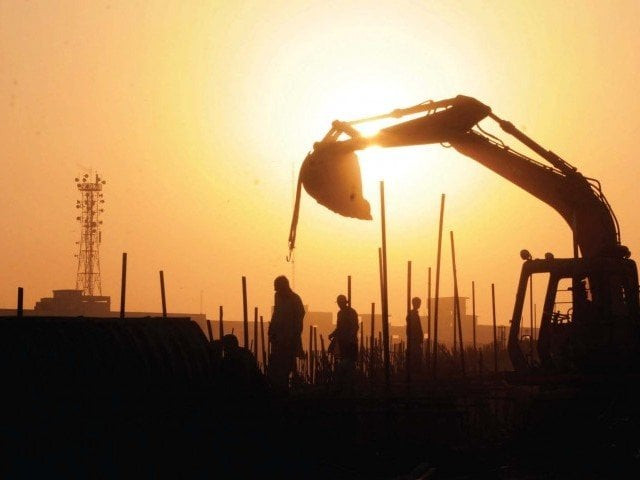Infrastructure prerequisite for inclusive, sustainable future
Recent UNESCAP report stresses higher investment in the area with respect to GDP.

PHOTO: EXPRESS
Development of infrastructure is deemed critical for sustainable and inclusive development. This became the central theme of a recent report by the United Nations Economic and Social Commission of the Asia and the Pacific (UNESCAP).
World Bank assures financial and technical assistance for Pakistan's hydro-power projects
The report stressed that nations collectively referred to as “countries with special needs” (thirty-six Asia Pacific economies categorised as least developed countries, landlocked developing countries) will need to invest an amount equivalent to 10.5% of their Gross Domestic Product (GDP) to close the infrastructure gap taking into account rising pressures due to population growth, urbanisation and climate change.
At the moment, this is in far excess of their current spending on infrastructure in the tune of 4-7.5% of their GDP.
The report focuses on four sectors of physical infrastructure that are particularly important to development. These include transport, energy, information and technology communication and water supply and sanitation. These four sectors have direct implications for overall development, environment sustainability and social development.
Sustainable transport systems open up markets, provide access to the population to economic and social opportunities and allow the expansion of supply chains across borders. Energy contributes to better education and health opportunities. Water is crucial for human development and its lack thereof leads to economic loss and health problems.
Lastly, the spread of information technology is crucial for building knowledge societies. Of these, different classifications of infrastructure, more importance is given on spending on energy and information technology and communication, even though all are equally important if not more.
The report has constructed the Access to Physical Infrastructure Index which assesses and compares physical infrastructure in countries with special needs. The index highlights the performance of the countries with special needs compared to each other and over time can be used by governments as a tool for putting policies which support sustainable development.
Pakistan has been ranked in the 25th place in this region, slightly above Bangladesh and India.
Closing infrastructure gaps will require a large amount of resources. Even without climate change mitigation and adaptation costs, a significant sum of money needs to be allocated for closing the infrastructure gap by these nations. With limited public spending resources available for the vulnerable nations of the Asia Pacific region, there is a role for public-private partnerships in these countries in order to secure non-public funding. However, for many countries, this aspect of financing would remain low due to small economies of scale, limited development of capital markets, small size of population and geographical location.
Experts highlight benefits of utilising renewable energy
The report also suggests that governments of these countries need to take special measures such as improving public expenditures, mobilising domestic resources, leveraging the private sector, improving access to capital markets and tapping new sources of funds. These measures are long term in nature and if consistently implemented, their effects would be seen over a longer horizon. Most importantly, countries would have to improve their governance and institutional structures if any meaningful change needs to be seen.
The writer is an economist and ex-central banker
Published in The Express Tribune, June 5th, 2017.
Like Business on Facebook, follow @TribuneBiz on Twitter to stay informed and join in the conversation.



















COMMENTS
Comments are moderated and generally will be posted if they are on-topic and not abusive.
For more information, please see our Comments FAQ